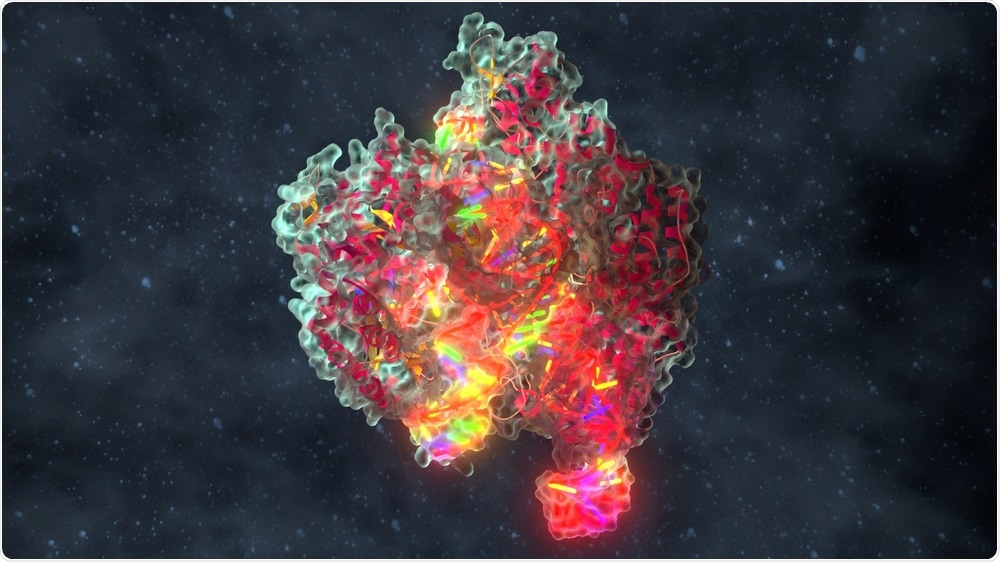
Hundreds of new anti-cancer drug targets identified using CRISPR
A team of scientists from the Wellcome Sanger Institute have identified the genes that are essential for the survival of thirty types of cancer cells. The resultant cancer dependency map will facilitate the development of novel targeted cancer treatments.
The study, which is entitled “Prioritization of cancer therapeutic targets using CRISPR–Cas9 screens”, was published in the journal Nature on 10th April 2019.
 Alpha Tauri 3D Graphics | Shutterstock
Alpha Tauri 3D Graphics | ShutterstockCancer is defined as the excessive proliferation of cells that spread around the body overwhelming the functioning of healthy cells. To achieve such high levels of growth, cancer cells depend on the expression of specific proteins to support their survival.
Anti-cancer treatments target the genes that express these proteins to inhibit cancer growth. Although there are some precision treatments that act solely against cancer cells, many chemotherapy agents also harm healthy cells, causing various side effects.
The ‘cancer dependency map’ shows which genes are essential for the survival of a particular cancer, so targeted drugs can be developed.
Hundreds of new targets have recently been added to this map by researchers at the Wellcome Sanger Institute. Using the gene editing tool CRISPR, they identified the genes essential to the survival of 324 human cancer cell lines from 30 different types of cancer.
After investigating almost 20,000 genes, the researchers identified 6,000 genes crucial to the survival of at least one type of cancer. After disregarding the genes also needed for the survival of healthy cells and those already being targeted by precision drugs, such as Herceptin, the team produced a shortlist of 600 potential new drugs targets.
Of particular interest was the WRN gene that encodes Werner syndrome RecQ helicase as this was shown to be essential for keeping alive some of the most genetically unstable cancers. This enzyme plays a vital role in around 15% of colon cancers and 28% of stomach cancers, but there are currently no drugs that target it.
This analysis provides a framework to prioritize cancer drug targets and suggests specific new targets, that in turn will enable the development of a broad portfolio of effective cancer treatments.
It is hoped that the identification of suitable drug targets will speed up the initial stages of drug development and help to bring down the cost of finding new cancer treatments.



































No hay comentarios:
Publicar un comentario